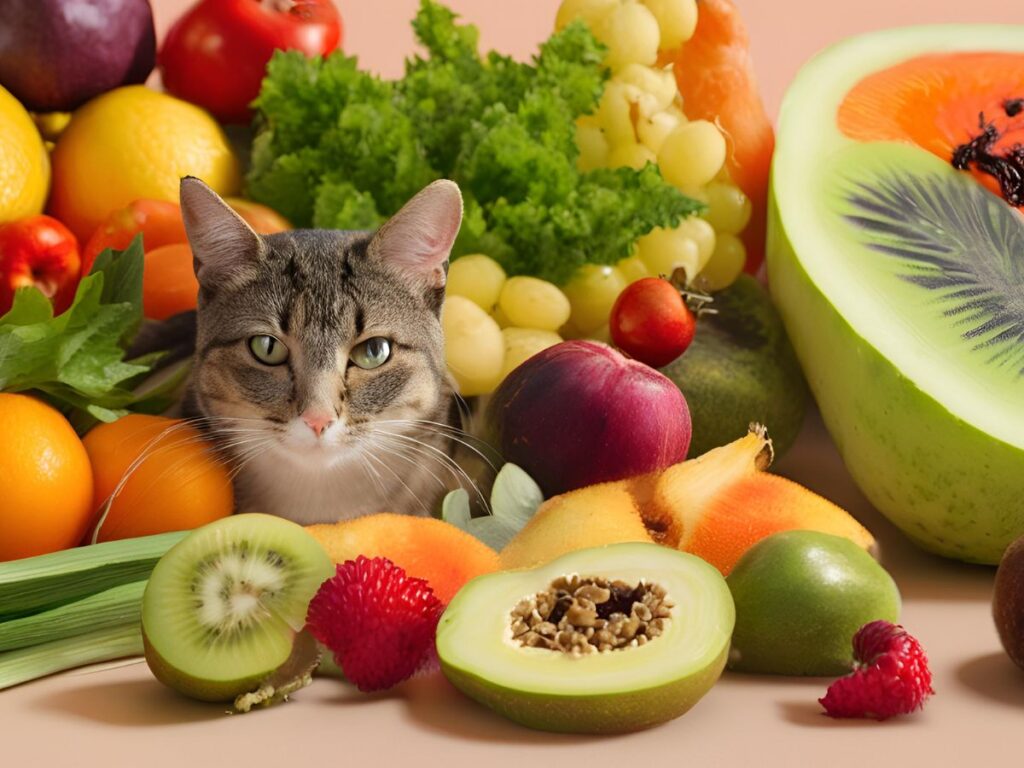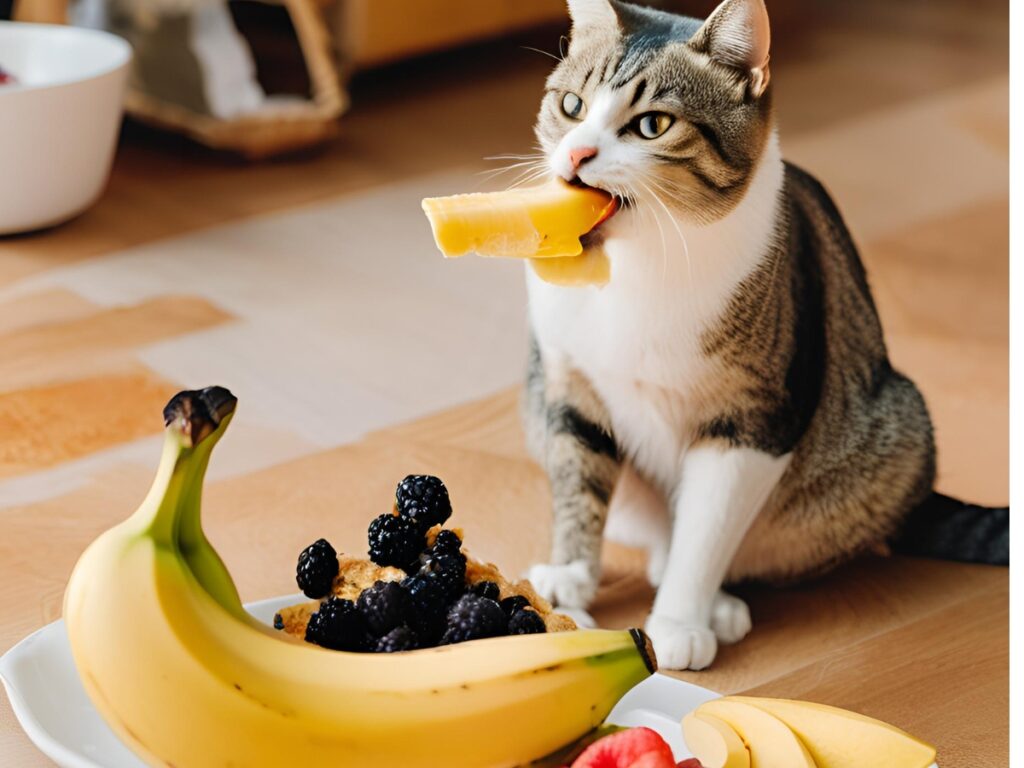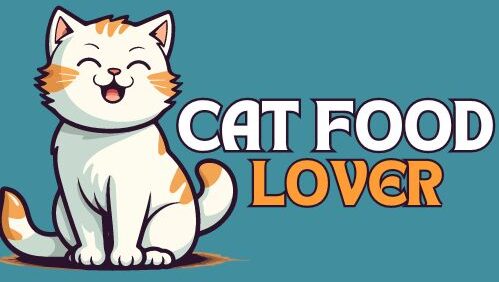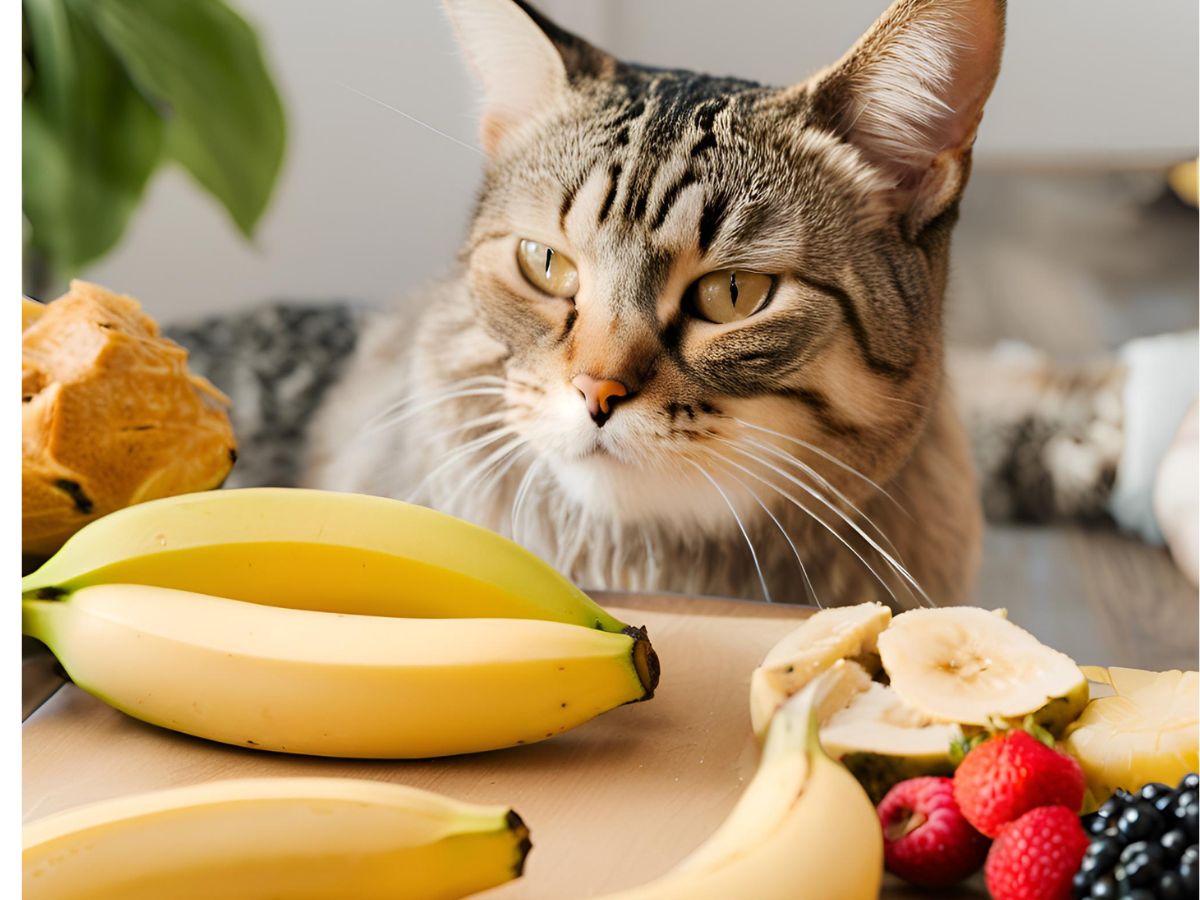If you’re a cat owner, you might have wondered whether it’s safe to share some of your favorite natural foods with your feline friend. While cats are primarily carnivores, they can eat a variety of fruits, vegetables, and other natural foods. In this guide, we’ll explore which natural foods cats can eat, which ones to avoid, and how to safely incorporate them into your cat’s diet.
What Is a Cat’s Favorite Natural Food?
Cats are naturally inclined to prefer meat due to their carnivorous nature. However, they can also enjoy certain fruits and vegetables. Protein-rich foods like chicken, turkey, and fish are usually at the top of their list. Some cats also develop a liking for specific fruits and vegetables, which can add variety and nutrients to their diet.
Which Food Do Cats Love Most?
While preferences vary from cat to cat, many cats love cooked meat, such as chicken or turkey. Some cats also enjoy small amounts of fruits like blueberries or vegetables like pumpkin. These foods not only taste good to them but also provide essential vitamins and minerals.
What Food Gives Cats Energy?
Cats need protein and fat to fuel their energy levels. Foods like chicken, turkey, and fish are excellent sources of energy for cats. Additionally, small amounts of natural foods like eggs or cheese can also provide a quick energy boost.
Fruits and Vegetables Cats Can Eat

What Fruits Are Safe for Cats to Eat?
Cats can safely eat small amounts of fruits like blueberries, cantaloupe, and bananas. These fruits should be offered in moderation as occasional treats.
Is Mango Safe for Cats?
Yes, mango is safe for cats in small amounts. It’s rich in vitamins A, B6, and C, which are good for your cat’s immune system. However, remove the skin and seed before offering it to your cat.
Can Cats Be Allergic to Mango?
Some cats might be allergic to mango. If your cat shows signs of an allergic reaction, such as itching or swelling, avoid giving it mango in the future.
Do Cats Get Mango Worms?
No, mango worms are not a concern in domesticated environments, especially if you’re feeding your cat properly cleaned and prepared mango.
Can Cats Eat Blueberries?
Yes, blueberries are safe and healthy for cats. They’re packed with antioxidants and fiber. You can offer them as an occasional treat.
Is Cantaloupe Safe for Cats?
Cantaloupe is another fruit that cats can enjoy. It’s low in calories and high in vitamins A and C. Just make sure to remove the rind and seeds before feeding it to your cat.
Can Cats Eat Bananas?

Yes, bananas are safe for cats. They’re a good source of potassium, but they should only be given in small amounts because they’re high in sugar.
Is Potato Good for Cats?
Cooked potatoes are safe for cats to eat in small amounts. However, raw potatoes are toxic to cats and should never be given to them.
Are Cooked Potatoes Good for Cats?
Yes, cooked potatoes are generally safe for cats. They can be a good source of fiber and vitamins, but they should be served plain and without seasoning.
Can Cats Eat Pumpkins?
Pumpkin is an excellent addition to a cat’s diet. It’s rich in fiber, which can help with digestion and prevent constipation. Just make sure it’s plain and free from added sugars or spices.
Vegetables That Cats Can Eat
Can Cats Eat Broccoli?
Yes, cats can eat broccoli. It’s safe and provides beneficial nutrients like vitamins C and K. Serve it steamed or boiled to make it easier for your cat to digest.
Can Cats Eat Carrots?
Carrots are another vegetable that cats can eat. They’re rich in beta-carotene, which is good for eye health. Cooked carrots are easier for cats to chew and digest.
Can Cats Eat Peas?
Yes, peas are safe and healthy for cats. They’re a good source of vitamins and minerals, including vitamin A and potassium. You can add them to your cat’s meals as a small treat.
Can Cats Eat Zucchini?
Zucchini is safe for cats and can be a healthy snack. It’s low in calories and high in water content, making it a good option for hydration and weight management.
Grains and Legumes for Cats
Can Cats Eat Rice?
Yes, rice is safe for cats in small amounts. It can help with digestive issues like diarrhea. However, it should be plain and cooked.
Is Bread Good for Cats?
Bread is not toxic to cats, but it offers little nutritional value. It’s okay in very small amounts as an occasional treat, but it shouldn’t be a regular part of their diet.
Can Cats Eat Bread?
Cats can eat bread in small amounts, but it’s not particularly nutritious for them. It’s best to offer bread as an occasional treat rather than a regular part of their diet.
Dairy Products and Cats
Is Milk OK for Cats?
Most adult cats are lactose intolerant, meaning they can’t properly digest milk. Giving them milk can lead to diarrhea and stomach discomfort. It’s safer to provide water instead.
Can Cats Drink Milk?
Contrary to popular belief, most cats are lactose intolerant, meaning milk can cause stomach upset. It’s best to avoid giving your cat milk or opt for lactose-free milk alternatives.
Can Cats Eat Yogurt?
Yes, plain yogurt can be safe for cats in small amounts. It contains probiotics that can be beneficial for their digestion. However, avoid flavored or sweetened yogurts.
Nuts and Their Safety for Cats
Can Cats Eat Almonds?
It’s best to avoid giving almonds to cats. While a small amount might not cause immediate harm, almonds can be difficult for cats to digest and may cause stomach upset or even more severe issues.
What Happens if My Cat Eats an Almond?
Almonds are not safe for cats. They can be hard to digest and may cause stomach upset or even choking. If your cat eats an almond, monitor them closely and consult your vet if you notice any signs of distress.
Can Cats Eat Pecans?
No, pecans are not safe for cats. They can cause digestive issues and may even lead to more serious health problems like pancreatitis.
Is Pecan Toxic to Cats?
Pecans are not safe for cats. They can cause digestive issues and are high in fat, which can lead to weight gain or pancreatitis.
What Nuts Are Toxic to Cats?
Nuts like walnuts, macadamia nuts, and pecans are toxic to cats and should be avoided. These nuts can cause serious health issues, including neurological problems.
Can Cats Eat Pecan Ice Cream?
No, pecan ice cream is not safe for cats. It contains both toxic nuts and dairy, which can cause digestive upset.
Can Cats Eat Coconut?
Coconut is generally safe for cats in small amounts. However, coconut oil is high in fat and should only be given sparingly.
Guideline for Feeding Cats Natural Foods
How to Feed a Cat Naturally?
Feeding a cat naturally involves offering whole, unprocessed foods that mimic what they would eat in the wild. This includes high-quality proteins like chicken, turkey, and fish, as well as small amounts of fruits and vegetables that are safe for cats.
What Do Cats Drink?
Water is the best and most essential drink for cats. Ensure they have fresh, clean water available at all times. Avoid giving them sugary drinks or milk unless it’s lactose-free.
What Can I Feed My Cat When I Don’t Have Cat Food?
If you run out of cat food, you can offer your cat small portions of cooked meat, plain rice, or a bit of plain yogurt. Avoid giving them anything seasoned or spicy.
Final words
Feeding your cat natural foods can be a great way to provide variety and extra nutrition in their diet. However, it’s important to know which foods are safe and which to avoid. Always introduce new foods gradually and in small amounts, and consult your vet if you’re unsure about any food’s safety.
FAQs
Can Cats Eat Raw Vegetables?
Most cats can eat raw vegetables, but they’re easier to digest when cooked. Stick to safe options like carrots, zucchini, and broccoli.
Is Dairy Safe for All Cats?
No, many cats are lactose intolerant and may experience stomach upset if given dairy products. Stick to lactose-free options if you want to give your cat a dairy treat.
What Fruits Can Be Harmful to Cats?
Fruits like grapes, raisins, and citrus fruits can be harmful to cats and should be avoided.

